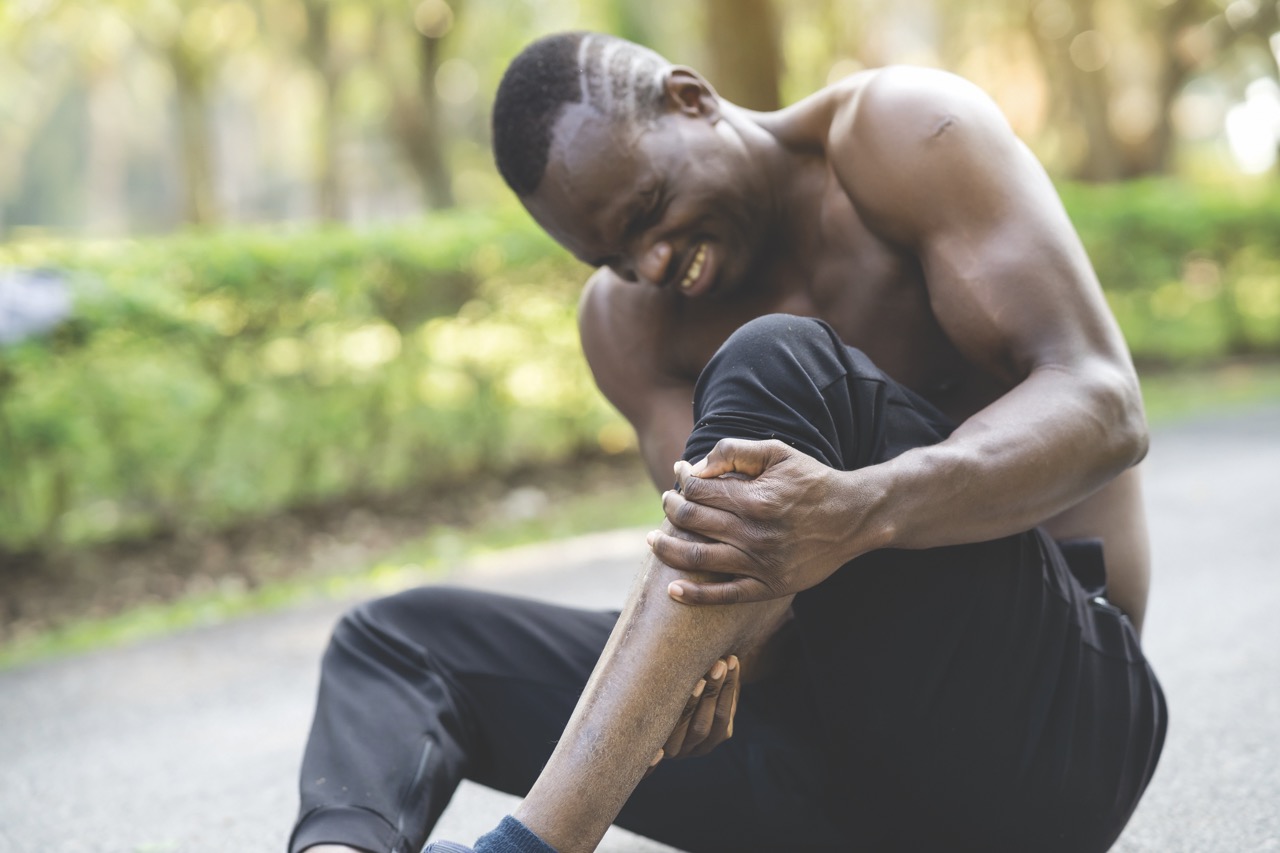Quiz: Cramping Your Style
The true challenge of a New Year’s resolution is sticking with it even when you hit a stumbling block. So if you are trying exercise or weight training this year, know that muscle cramps are a common occurrence. Though these involuntary muscle contractions don’t usually cause damage, they can be quite painful and potentially discouraging to your new routine. Take our quiz to learn more and protect yourself:
1. Physicians don’t know the exact cause of muscle cramps, but they usually occur after ______.

A. Heavy exercise
B. Dehydration
C. Staying in the same position
D. Fatigue
E. All of the above
2. Stretching a muscle before a workout can cause it to cramp.
A. True
B. False
3. Any muscle can cramp, but the ones most commonly affected are in the _____.
A. Abdomen
B. Arms
C. Lower back
D. Calves and thighs
4. When cramps strike, all you can do is wait it out.

A. True
B. False
5. Older adults are more likely to get cramps due to the ______ that comes with aging.
A. Weight gain
B. Bone thinning
C. Normal muscle loss
D. Drop in physical activity
6. Gradual changes in the type and intensity of exercise can keep potential cramps at a minimum.
A. True
B. False
1. E. All of the above. Other common causes are pregnancy, hypothyroidism and certain medications.

2. B. False. Stretching and warming up before a workout can help prevent cramping.
3. D. Calves and thighs. It is particularly important to warm up and stretch these areas before a long run or similar activity.
4. B. False. Try gently stretching the muscle and hold the stretch. Gently massaging may help, too. If the cramp strikes at night, run a hand towel under hot water and wrap it tightly around the cramped muscle. It should soon relax.
5. C. Normal muscle loss. Even if you don’t engage in rigorous exercise, stretching and staying hydrated are still important in preventing cramps.
6. A. True. Cramps are common but not inevitable. Gradual changes can prevent muscle fatigue which in turn can prevent cramps. Also remember to drink plenty of fluids and make sure that you are getting electrolytes such as potassium, sodium, and chloride in a balanced diet.
Source: The Health Library at sjchs.org